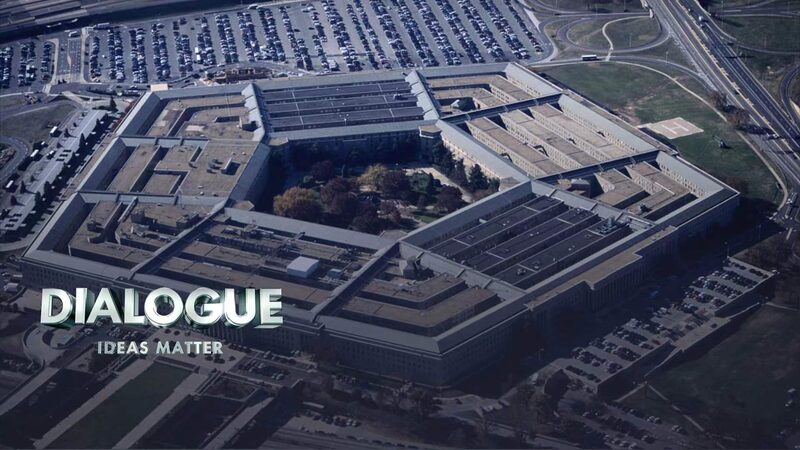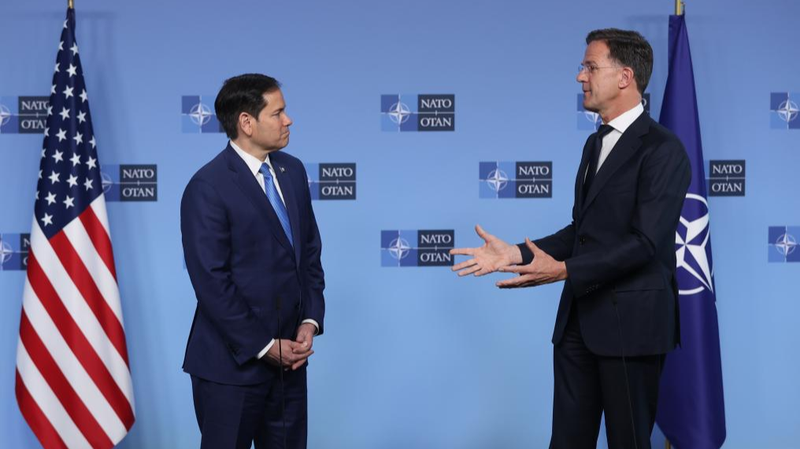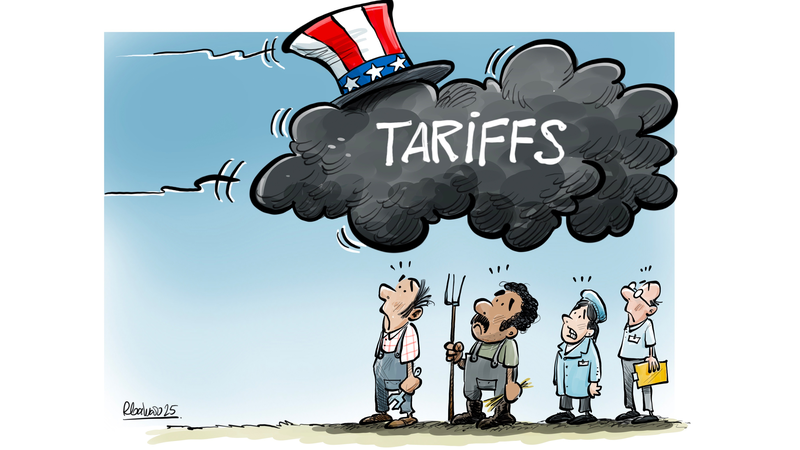Recent days have seen a significant escalation in the Middle East as the United States has launched strikes on targets in Iraq and Syria reportedly linked to Iran. These actions come in response to the tragic deaths of three U.S. soldiers, marking a tense chapter in the region's ongoing conflicts.
In addition to unilateral strikes, the U.S. has collaborated with the United Kingdom in targeting Houthi forces. These groups have been blamed for repeated attacks on ships navigating the strategic waters of the Red Sea, posing threats to international shipping lanes and global trade.
The international community is closely monitoring these developments, raising questions about the potential responses and the broader implications for regional stability. One pressing concern is whether these strikes could lead to spillover effects, particularly exacerbating the long-standing Israel-Palestine conflict.
Experts weighing in on the situation include Zhao Hai, Director of International Political Studies at the National Institute for Global Strategy; Professor Seyed Mohammad Marandi from the University of Tehran; Kawa Hassan, Nonresident Fellow of the Middle East and North Africa Program; and Dan Arbell, Scholar-in-Residence with the Department of History at American University. Their insights highlight the complex interplay of military actions, political tensions, and the pursuit of stability in a region fraught with challenges.
As the situation develops, the global community remains watchful, understanding that the actions taken today could have far-reaching consequences for international relations and peace in the Middle East.
Reference(s):
cgtn.com




